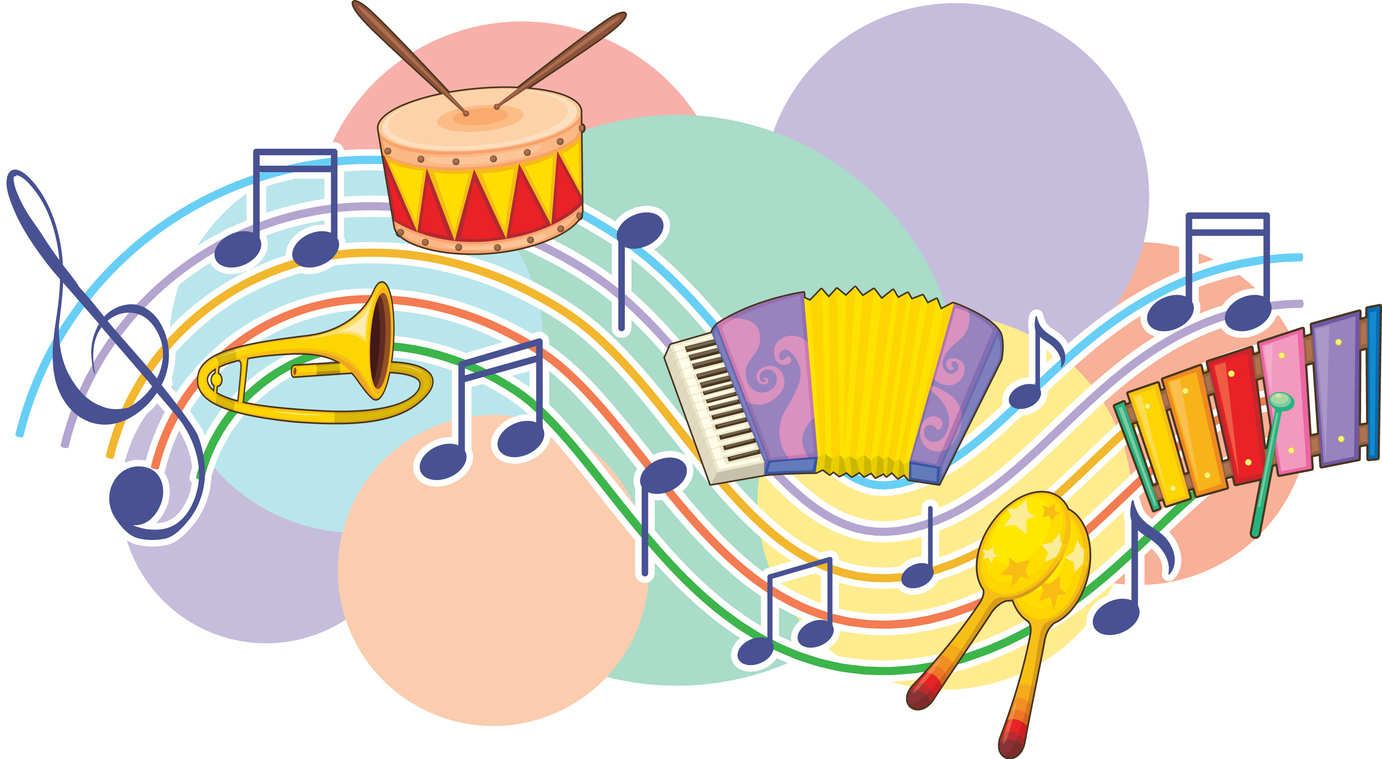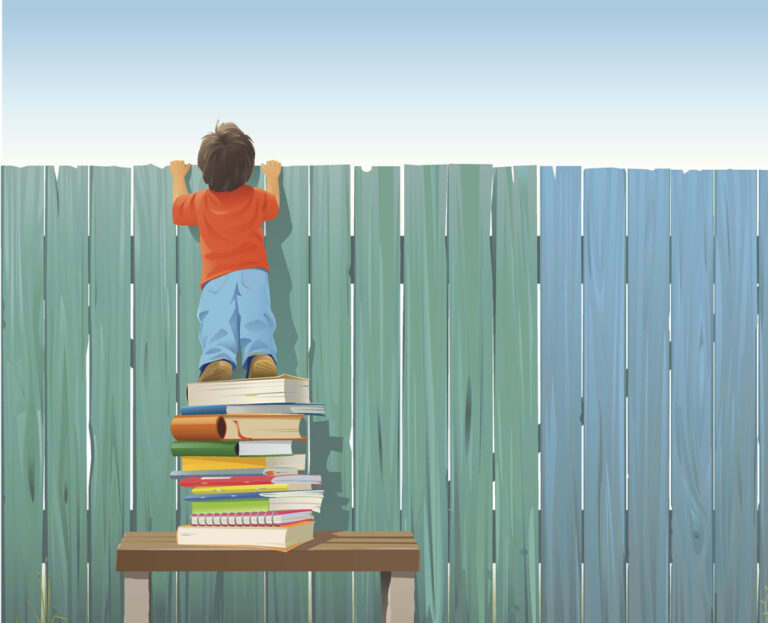An Invitation to Explore Your Origins and Cultural Ties

“What communities shape your identity?” Have you ever asked yourself this question?
I hadn’t—until recently. Interestingly, it’s a common question you encounter when writing college application essays. Often, you’re prompted to reflect on your family or the communities that have influenced your life.
Seniors, you know what I mean, right? Younger readers, take note—it’s coming your way before you know it!
Answering this question required me to dive deep into my thoughts and feelings. It started with exploring my family ties but soon expanded to my Japanese-American heritage and how it shapes my perspectives on societal norms, like punctuality and shared responsibility for cleanliness of shared space in Japan versus the U.S..
Punctuality as a Shared Norm
Many friends who visited Japan recently—thanks to the favorable exchange rate—mentioned being amazed by the punctuality of the trains. For Japanese people, this precision is a societal standard. It underpins daily routines and is a foundation for trust in systems. When a train is delayed by even a few minutes, you’ll hear an apologetic announcement detailing the cause of the delay as soon as the trains resume running. I believe this cultural emphasis on punctuality connects to the high standards often associated with Japanese products.
Shared Spaces, Shared Responsibility
Some of you might remember the global buzz during the FIFA World Cup when the Japanese team left their locker room spotless after a match, along with a thank-you note to the host country. While this act sparked worldwide admiration, it wasn’t particularly surprising to Japanese people. Cleaning shared spaces is a deeply ingrained practice, taught from an early age and reinforced through the school system.
How Are These Values Instilled?
People often ask how such values become second nature in Japanese society. I had a sense that they were cultivated during childhood, but I lacked a clear explanation—until I came across a documentary that shed light on the subject with a fresh perspective.
The film, “Instruments of a Beating Heart”, by Ema Ryan Yamazaki, explores how Japanese values are cultivated during childhood. Ema, who is half-Japanese and half-British, reflected on her experiences growing up with dual cultural influences. Watching the film resonated with me, as I too have navigated two cultural identities—being born and raised in the U.S. but spending part of my childhood in Japan.
A short film on a First-Graders’ Challenge
The documentary captures first-graders at a public elementary school in Tokyo as they take on the challenge of forming an orchestra to welcome new students at their entrance ceremony. The process required intense, repetitive practice, teaching the children teamwork, resilience, and accountability. Each role, from the drum providing the rhythm to the cymbals punctuating the melody, was critical to the harmony of the performance.
This reminded me of my own experiences in Japan. Even during my brief time at a Japanese kindergarten and elementary school, events like a summer festival, cultural celebrations, and sports days emphasized collaboration and perseverance. These values continued to be reinforced at the Japanese supplementary school I attended on weekends after moving to the U.S.
Education as a Mirror
Ema’s documentary highlights how education shapes society. In an accompanying op-ed article, she writes:
“What is happening in our schools will shape what our future society will look like. While the Japanese system has its strengths and weaknesses, I hope this film encourages other societies to reflect on how they want to raise the next generation.”
This struck a chord with me. In Japan, schools operate like mini societies, teaching children the importance of contributing to their community. In contrast, the U.S. emphasizes individual expression, debate, and leadership from an early age.
The Challenge of Balancing Discipline and Freedom
Having experienced both cultures, I see the challenge of balancing discipline and freedom in education. In Japan, there’s an unspoken understanding—what’s called “reading the air.” In the U.S., you’re encouraged to articulate your thoughts and advocate for yourself. Both approaches have their merits, and the balance between them is something I continue to ponder.
As 2024 draws to a close, it’s a great time to reflect on the values and experiences that define you. What aspects of your family or culture have shaped who you are? Can you trace them back to their origins?
I invite all of you to take a moment to dig deep. You might uncover something truly meaningful.
Talk to you soon.
Thomas







